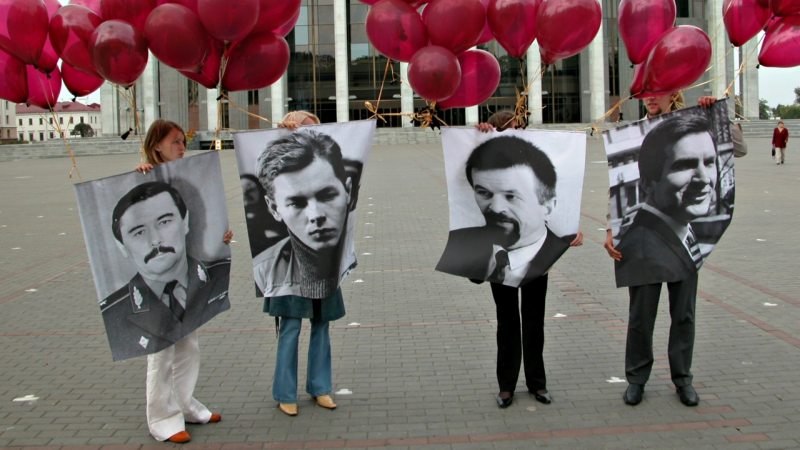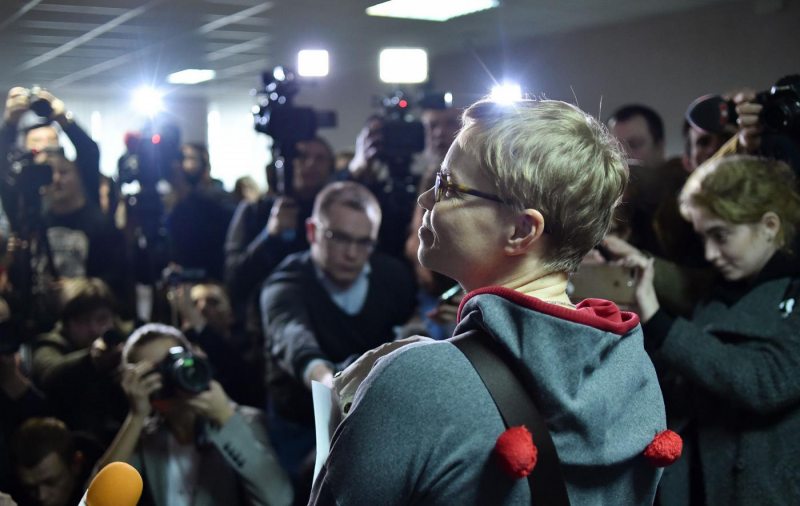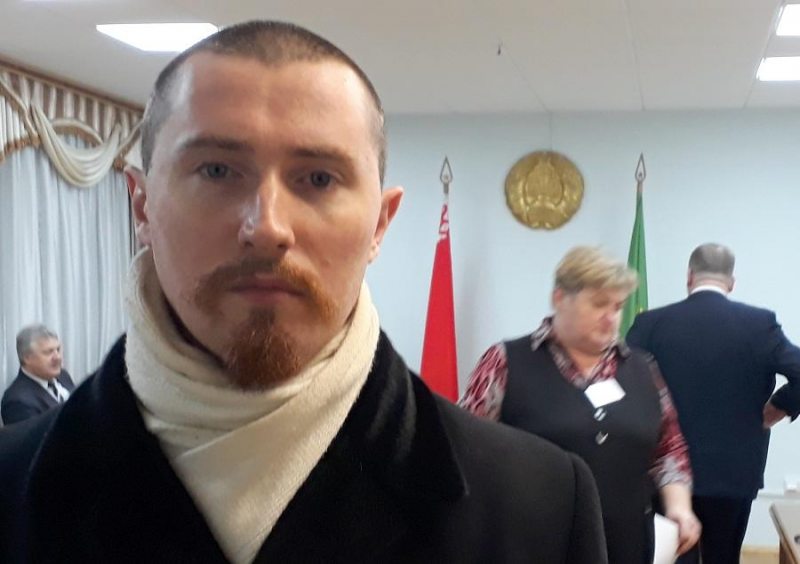Picks of the week
At least 98 people have been convicted of illegal protesting since December 17, according to Viasna’s legal advice office. The new wave of repression was triggered by a series of demonstrations, both in Minsk and across Belarus, organized by the opposition in response to the “advanced integration” plans announced by the Presidents of Belarus and Russia.
Most of them were sentenced to heavy fines, while 11 people received short detention terms. The total amount of fines is estimated at as much as 100,000 rubles (47,000 USD).
Five protesters were awarded several consecutive prison terms, including opposition leader Pavel Seviarynets. Critical blogger Dzmitry Kazlou has been sentenced to a total of 45 days of detention as a result of three identical trials.
Belarusian authorities have reportedly reopened the investigation into the disappearance of opposition politician Viktar Hanchar and businessman Anatol Krasouski in September 1999. The decision is likely to be prompted by the recent media appearance of a former special police unit member Yury Harauski.

- Protesters holding portraits of missing opponents of the regime at a street event in Minsk (Viktar Hanchar is far right)
Hanchar is the former chairman of the Central Election Commission of Belarus. He, along with his friend Krasouski, disappeared without a trace on September 16, 1999. In a Deutsche Welle documentary, Harauski claims that both were killed by a “death squad”, which he was part of.
“In 2019, Belarus continued to harass and pressure civil society activists and independent media. Authorities denied access to journalists at government events, arbitrarily prosecuted dozens of journalists, and arrested peaceful environmental protester,” Human Rights Watch said in an annual review of human rights violations across the world.
HRW also condemned Belarus over its repeated use of the death penalty, with three new death sentences pronounced and three death row prisoners executed during the year.

- The media photograph Marina Zolotova, editor-in-chief of news portal tut.by, as she attends her trial for alleged 'unauthorised access' to information from state-run BelTA news agency, in Minsk, March 4, 2019. © 2019 SERGEI GAPON/AFP/Getty Images
In addition, Belarus continues to demonstrate poor performance in such crucial human rights spheres as freedom of association and the rights of ethnic minorities.
“Laws and regulations governing public associations remain restrictive, preventing rights groups or political opposition movements from operating freely. Authorities continued to deny registration to independent groups and opposition parties on arbitrary pretexts,” HRW said.
The World Report also mentioned the detention of some 100 Roma in Mahilioŭ. The detentions were ethnicity-based and involved violence, threats, and intimidation, it stressed.


















